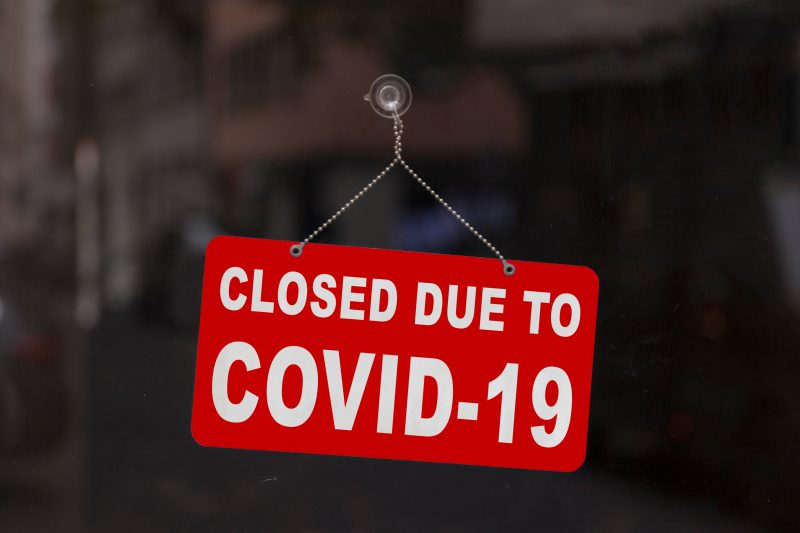Stimulus efforts for small business relief are stalled in Washington, and that does little to help America’s small business owners who remain in dire need of assistance to battle the COVID-19 economic crisis, according to new data from the National Federation of Small Business and from SCORE.
Last week, the NFIB released the results of its latest survey around COVID-19’s ongoing impact on small business. Citing the more than six months of income disruption and uncertainty business owners have had to contend with, Holly Wade, executive director of the NFIB’s Research Center, said many businesses are still struggling to survive – even though more than $500 billion in PPP funds have been distributed to businesses. The NFIB conducted its survey of 20,000 members between September 28 and 30,
“Owners are trying to reduce costs and adjust business operations to keep their doors open, but for many, that’s not enough,” Wade said in a press release. “Small businesses are in danger of closing for good if they don’t get additional financial assistance.”
Here are some findings from the survey:
- 86% of PPP loan recipients have already spent their entire loan amounts.
- 22% of borrowers still anticipate needing to lay off employees in the next six months.
- 49% anticipate needing additional financial support over the course of the next year.
- 21% said their sales levels are still 50% or less than what they were before the pandemic. A further 28% said they had regained 50 to 74 percent of their pre-COVID-19 sales, while 54% said sales had reached at least 75 percent of their pre-pandemic levels.
- Of the 79% of owners who pay rent or a mortgage on a business-related property, only 21% reported asking their lender or landlord about deferring their payments, with 65% being allowed some form of deferral option.
Since the survey was administered, the SBA released a streamlined PPP loan forgiveness application last week for some loans under $50,000. But small business groups will keep lobbying the SBA and Congress for more simplified forgiveness for loans under $150,000, said Wade. “This is a good start in simplifying the forgiveness process for many PPP loan borrowers, but we still support the ability of those borrowers under $150,000 to go through that same process or to have this simplified application process available to them also,” Wade said last week.
A SECOND SURVEY

Meanwhile, a national survey published by SCORE found that Black small business owners are 90.7% more likely than white small business owners to have a direct relationship (family, staff or themselves) with someone infected by COVID-19, and are 80% more likely to report that remote work has significantly impacted business. Despite seeking financial assistance at much higher rates, Black business owners were significantly less likely to receive both government and private funding, the survey found.
Prior to COVID-19, Black business growth was on the rise. Between 2012 and 2018, Black business owners saw their total annual revenue grow by 23.0% – twice as fast as overall employer-businesses in the U.S., and Black business owners added employees at double the rate of all other U.S. businesses, growing staff by 24.0% compared to 10.8% of all small businesses during the same time period. However, COVID-19 has significantly impacted Black business success, with only 8.8% reporting profitability and growth today.
The survey found Black and Hispanic business owners were more likely to apply for federal loans, but far less likely to receive funds. For example, White business owners were three times more likely to get PPP loans; three times more likely to get Economic Injury Disaster Loans (EIDL); and four times more likely to get other Small Business Administration (SBA) loans than Black business owners.
Black business owners are less also likely to have a formal banking relationship, and more likely to report that the government loan process is confusing.
To better serve small business owners, SCORE recently launched the Small Business Resilience Hub, and the Hispanic Business Owners Hub, and plans to launch the Black Business Owners Hub later this fall, Wade said.
Click here to access the full Megaphone of Main Street data report: The Impact of COVID-19

